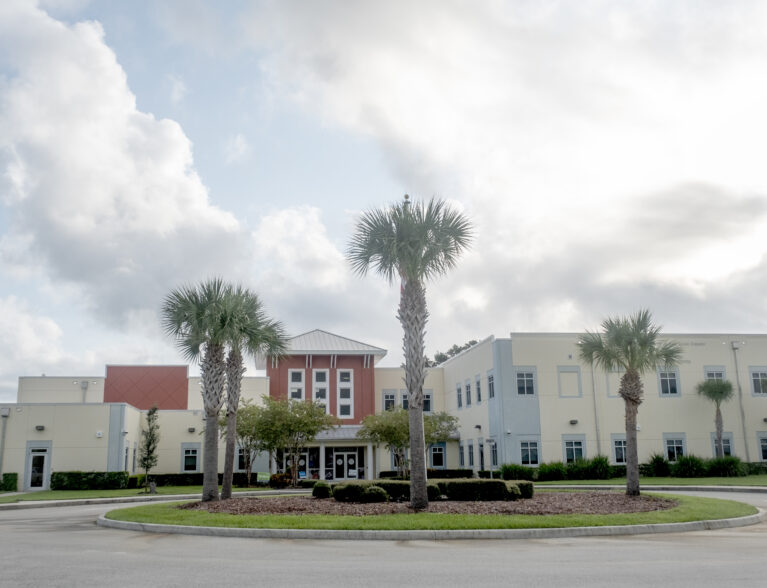
The Florida House and Senate are again considering legislation that has spurred concerns among local school officials who fear the bills’ potentially damaging impacts on students and their education.
This time, members of the Legislature want to relax – and, in some cases, remove – state restrictions on child labor.
“I don’t know who’s pushing this or why, but I don’t agree with kids being asked to be a bigger part of the workforce,” said School Board Vice Chair Peggy Jones, a career educator and former Sebastian River High School principal.
“There’s nothing wrong with kids getting part-time jobs in their junior and senior years,” she added. “I did it when I was in school, and a lot of kids do it now. But there’s no reason to change the law to allow them to work more, especially on school nights.”
Proponents of the like-minded bills, which would noticeably loosen restrictions on when and how much teenagers as young as 13 may work outside the home each week, say parents – not the government – should make those decisions.
Among the bills’ supporters is Governor Ron DeSantis, who said younger workers could help replace the “dirt cheap” labor currently provided by undocumented migrants.
“What’s wrong with expecting our young people to be working part-time now?” DeSantis asked. “I mean, that’s how it used to be when I was growing up.”
The proposed legislation, which would amend the state’s existing child-labor laws, would effectively remove all limitations on how late and how much 16- and 17-year old children may work – and eliminate the teenaged employees’ guarantee of a meal break.
The current law prohibits children aged 16 and 17 from working before 6:30 a.m. or after 11 p.m. on a school day, and they cannot work during school hours unless they are in a career education program. They aren’t allowed to work more than 30 hours in a week when school is in session, unless they get their parents’ permission.
The proposed amendment would also remove employment time restrictions for 14- and 15-year-old children, if they already have graduated from high school, earned an equivalency diploma, are home-schooled or are enrolled in virtual school.
School Superintendent David Moore joined Jones and School Board Chair Teri Barenborg in expressing concern that easing the state’s child-labor restrictions could have a detrimental effect on their classroom performance and, ultimately, their overall education.
“There’s the potential to allow kids to come to school tired – and if students are exhausted from working jobs, they’re not going to learn anything, no matter how good the teaching is,” said Moore, Florida’s 2025 Superintendent of the Year and finalist for the national award.
“So if this becomes law, parents are going to have to be very aware and use common sense, because there could be long-term impacts,” he added. “We don’t want kids to not be prepared to get a quality education and miss out on opportunities for future success, just to work a minimum-wage job in high school.”
Barenborg, a former teacher and school administrator, said she’s “worried about the whole thing,” especially the fatigue factor and its impacts on students’ learning and health.
She said she can envision scenarios where children who worked into the previous night tell their parents they’re too tired to go to school and ask to stay home.
“I think there would be a lot of that, and it’s troubling,” Barenborg said. “I don’t know why they’re upsetting the applecart. Kids can work enough now.”
She also believes allowing 16- and 17-year-old children to work more than 30 hours per week will convince some to choose their jobs over their education and drop out of school.
“They see that money in their pockets,” Barenborg said, “and they might not think about the better money they can make in the future with an education.”
As the week began, the fate of the bills remained in limbo as neither Senate President Ben Albritton nor House Speaker Daniel Perez had committed to supporting their chamber’s bill.
Their reluctance could prompt changes to the proposals in the coming weeks.



